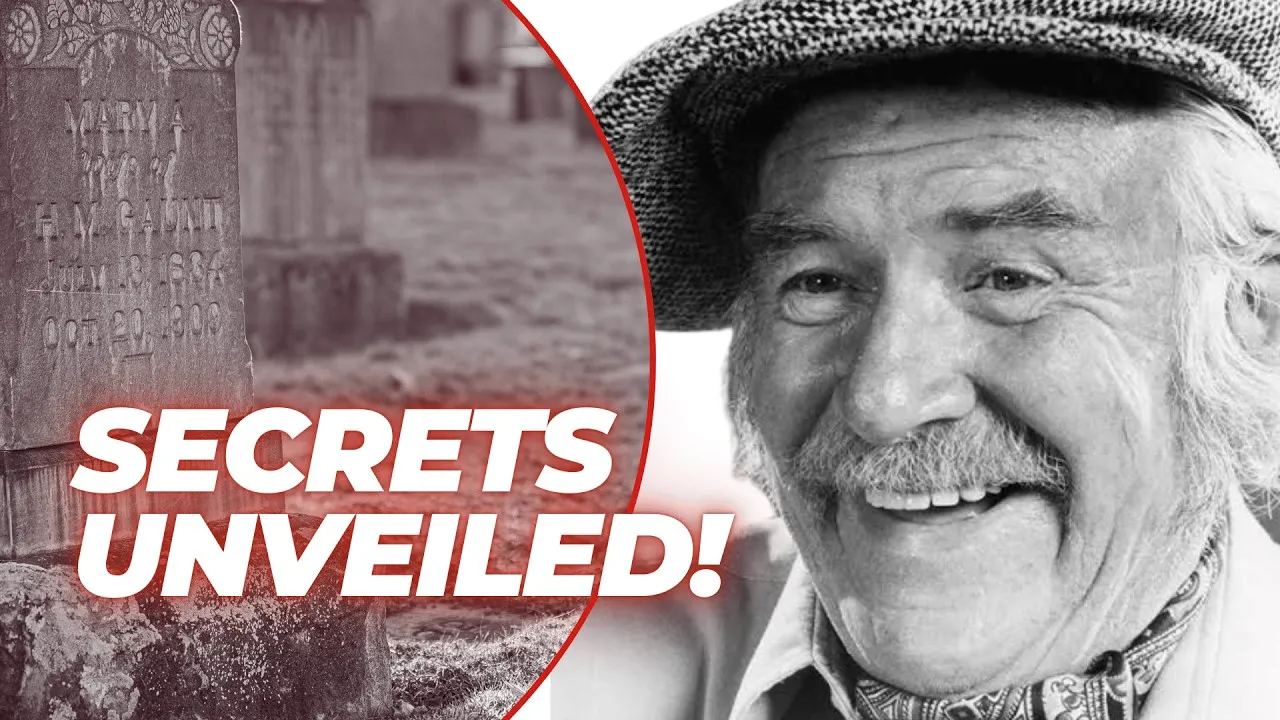Will Gear, born March 9, 1902, in Frankfurt, Indiana, is best remembered as Grandpa Zebulon Walton from the beloved 1970s series *The Waltons*. With his twinkling eyes and gentle charm, Gear embodied the values of kindness and traditional family life that resonated with millions of viewers. Yet, behind the scenes, his life was far more complex, reflecting the struggles and secrets of being a gay man in mid-20th century America.
Before becoming an iconic television figure, Gear pursued a diverse path. Initially focused on botany, he earned a master’s degree but was drawn to the stage, performing in various plays and films throughout the 1930s and 40s. His political activism also flourished during this time; he was deeply involved in labor organizing and the Communist Party, which ultimately led to his blacklisting in Hollywood during the Red Scare. This period forced him to explore alternative projects, including the pro-union film *Salt of the Earth*.
Gear’s personal life was equally intricate. He married actress Herta Ware in 1934, with whom he had three children, but he also maintained a romantic relationship with Harry Hay, a prominent gay rights activist. Their intense connection was a mix of romance and political camaraderie, though Gear’s desire for a conventional family life led to the relationship’s end. Despite his marriage, the extent of his same-sex relationships remains uncertain, highlighting the societal pressures of secrecy faced by LGBTQ+ individuals of his time.
Returning to the spotlight in the 1970s, Gear’s portrayal of Grandpa Zeb became a defining role, allowing him to connect with a new generation. The irony of a once-blacklisted communist playing a traditional patriarch was not lost on those familiar with his history. Yet, his performance was authentic and relatable, bringing warmth and wisdom to the character that transcended political boundaries. Gear continued to advocate for social issues, subtly addressing environmental concerns in interviews.
If Will Gear lived in today’s more accepting society, his story might have unfolded differently. With greater visibility and support for LGBTQ+ individuals, he could have openly embraced his identity without fear of jeopardizing his career. His contributions to both the arts and activism might have been celebrated even more, allowing him to be a more visible advocate for social justice and environmental causes. How do you think his legacy would change in today’s world?
Full story on the Youtube link : https://youtu.be/1W6xc_UePc8?si=bL-Wn7wufQhub91j
